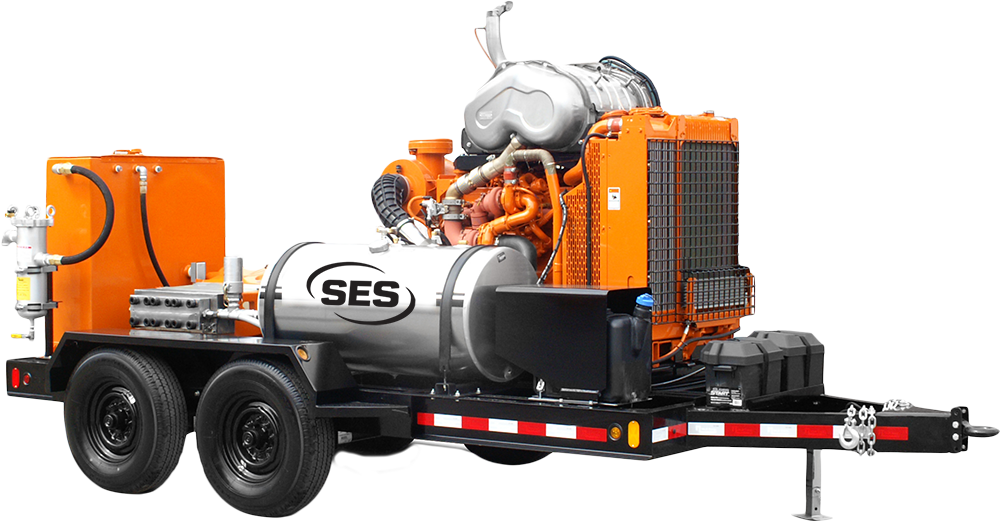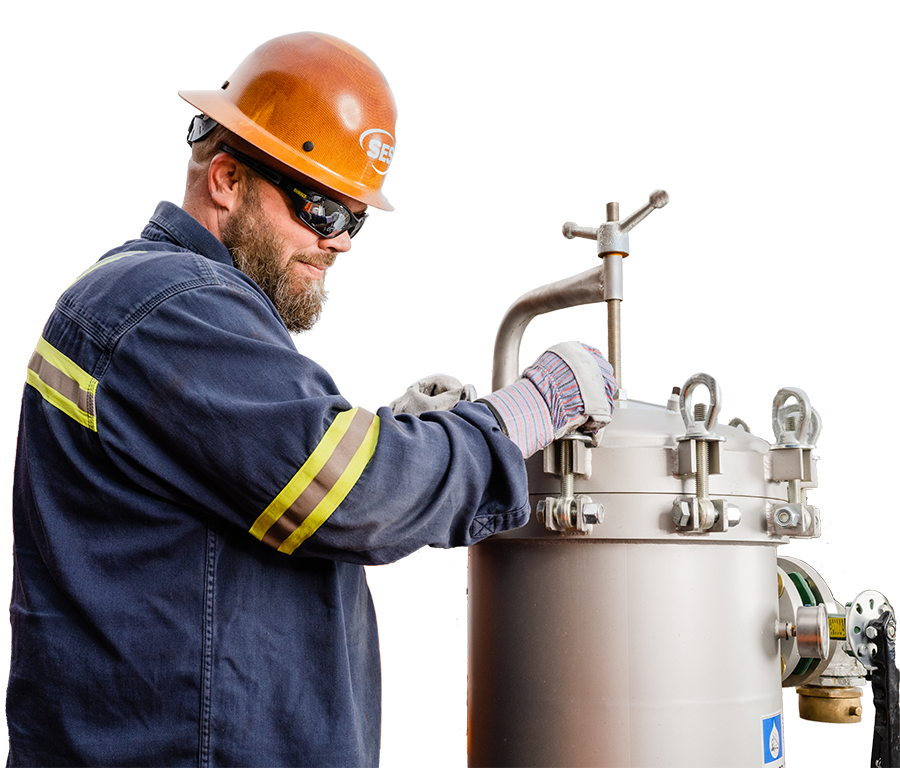Superior Environmental Solutions Provides Rapid Response to Spills
In the event of a spill—whether it’s an oil spill, chemical spill or other hazardous substance—a quick response is key to containing the spill and thus limiting the environmental impacts and safety risks.
Rapid Response To Oil Spills
Oil spills on water can quickly spread to other areas if not contained swiftly. Because oil is less dense than water it tends to float on the surface and can be carried by currents, tides and wind action threatening wildlife and coastal ecosystems. Consequently, if the spill is not rapidly contained it can pose an environmental threat to a much greater area. Furthermore, wave action can churn up the surface, causing the oil to get mixed in the water column, eventually sinking to the bottom. This makes clean-up more difficult, and can result in negative impacts on aquatic ecosystems and the organisms living there. Similarly, oil spills on land can adversely affect wildlife and seep through soils to contaminate groundwater systems if not mopped up quickly. The longer the oil is in the environment, the greater the risk it poses.
Rapid Response to Chemical Spills
Chemicals consist of compounds that can result in chemical reactions when exposed to environmental parameters or other substances. These chemical reactions can pose both an environmental threat and a safety hazard. Some examples of chemical reactions include:
- Transformations into other hazardous materials – chemicals can mix with air, water or other chemicals and transform into new products that are equally- or more hazardous than the original chemical, and may pose a completely different risk than the original material. These chemical transformations or new products can produce toxic/flammable gases, liquids or solids, or lead to spontaneous fires or explosions if the spill is not cleaned up quickly.
- Reactions with water – some chemicals may react violently, ignite, give off flammable gases or hazardous or corrosive fumes when they come in contact with water. It is therefore important to act quickly to contain the spill to prevent the spilled chemical from coming into contact with a water source.
- Reactions with air – similarly, some chemicals (e.g., phosphorus) may spontaneously ignite when exposed to air. Rapid response to clean up the spill before these chemicals leak out into the air can prevent an explosion or fire.
- Reactions with combustible organic matter — some chemicals have strong oxidizing properties and are able to break down organic material, producing oxygen, heat, and flammable (and in some cases toxic) gases, which may result in an explosion or fire. Other chemicals, known as reducing agents, may produce hydrogen, heat, and/or other toxic/flammable gases when they react with other chemicals, which could exacerbate the fire risk or safety hazard.
- The longer volatile or reactive chemicals remain unattended the greater the risk. A rapid response and quick cleanup can reduce the likelihood of a chemical reaction, and thus reduce the environmental risk and improve the safety outcome.
Emergency Response
Superior Environmental Solutions operates from many locations, enabling us to respond to spills very rapidly. Our emergency spill response team is available 24/7 to attend to any emergencies. We will immediately dispatch a cleanup crew to your site to swiftly contain the spill in order to reduce the environmental and safety risks and minimize damage.


